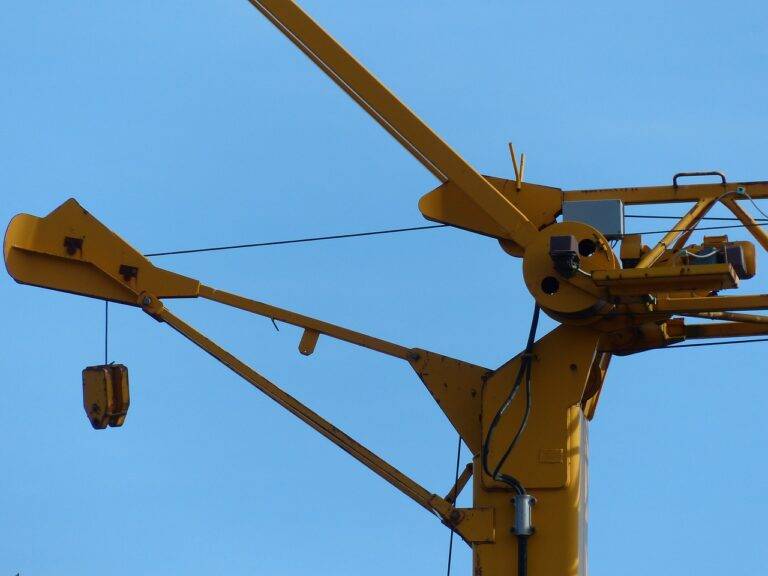The Influence of Tech on Sustainable Tourism: Eco-friendly Travel Solutions
However, the traditional tourism industry is facing significant challenges in the current landscape. One major obstacle is the overreliance on mass tourism which can lead to overcrowding at popular destinations, causing strain on local infrastructure and ecosystem. Additionally, the lack of diversity in tourist attractions and experiences can deter potential visitors looking for unique and authentic experiences.
Moreover, the seasonality of tourism presents a challenge for destinations heavily dependent on certain times of the year for visitors. Off-peak seasons can result in low tourism activity, impacting local businesses and communities that rely on the revenue generated from tourism. Finding ways to promote and sustain tourism throughout the year is crucial for ensuring the economic stability of traditional tourism destinations.
Advancements in Sustainable Travel Technology
The travel industry is adapting to the growing demand for sustainable practices through technological advancements. Sustainable travel technology has been instrumental in reducing carbon footprints and promoting eco-friendly practices among tourists. From the introduction of electric vehicles for transportation to the implementation of smart energy management systems in hotels, these innovations are reshaping the way people experience and engage with travel.
Furthermore, the development of mobile applications and platforms that provide real-time information on sustainable travel options has empowered tourists to make more environmentally conscious choices during their trips. These tools offer insights into eco-friendly accommodations, green transportation alternatives, and responsible tour operators, enabling travelers to easily align their preferences with sustainable practices. With technology driving positive changes in the travel sector, the shift towards more sustainable and responsible tourism is becoming increasingly feasible and accessible for both businesses and consumers.
Impact of Tech on Carbon Footprint Reduction
In recent years, technology has played a pivotal role in reducing the carbon footprint generated by the travel industry. One notable advancement is the development of electric vehicles and the infrastructure to support their widespread adoption. By transitioning from traditional fuel-powered vehicles to electric ones, the travel sector has been able to significantly decrease its reliance on fossil fuels and minimize harmful emissions.
Moreover, the emergence of carbon offset programs and innovative tracking systems has provided travelers with the opportunity to mitigate the environmental impact of their journeys. These tools enable individuals and organizations to calculate the emissions produced by their travel activities and invest in projects that help to reduce an equivalent amount of greenhouse gases in the atmosphere. This not only promotes sustainability within the tourism sector but also fosters a sense of environmental responsibility among travelers and industry stakeholders alike.





